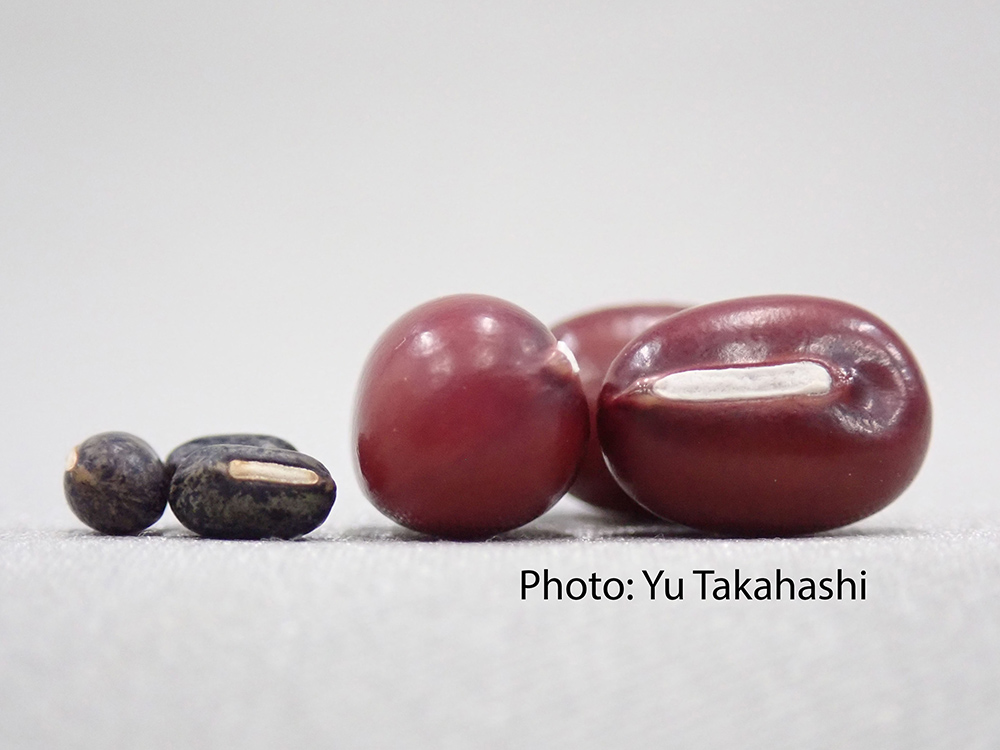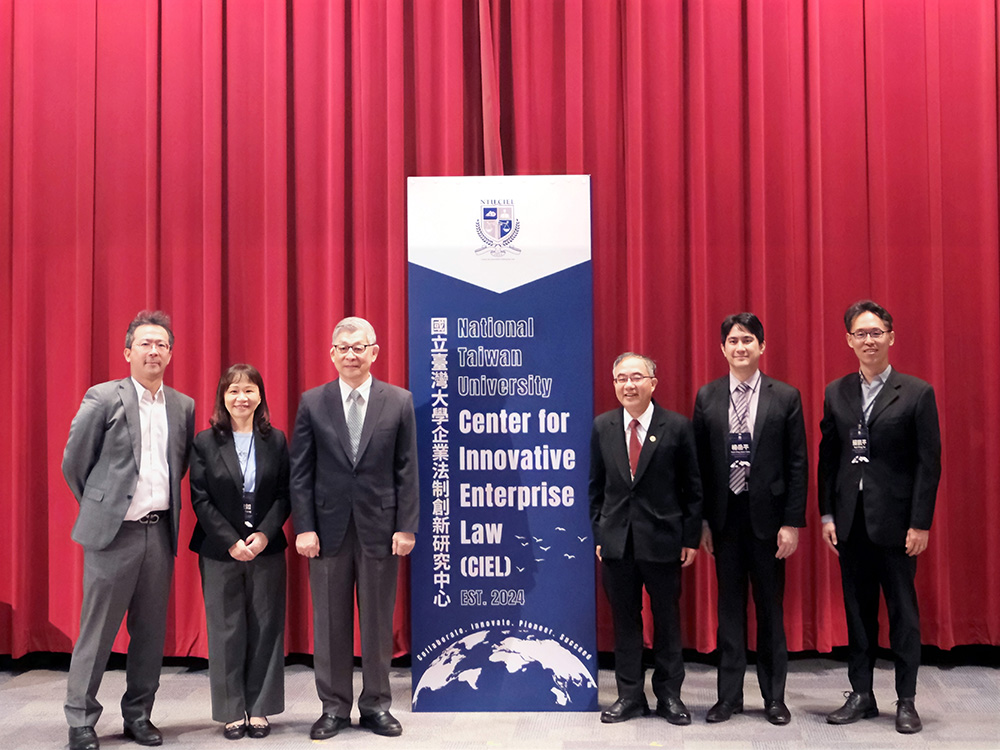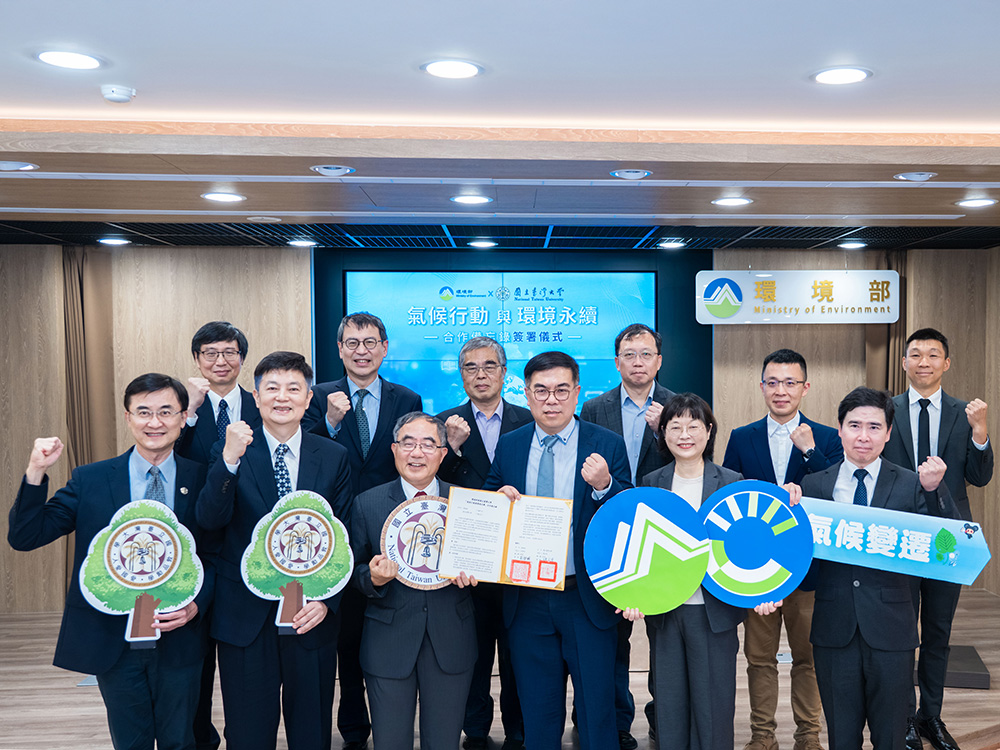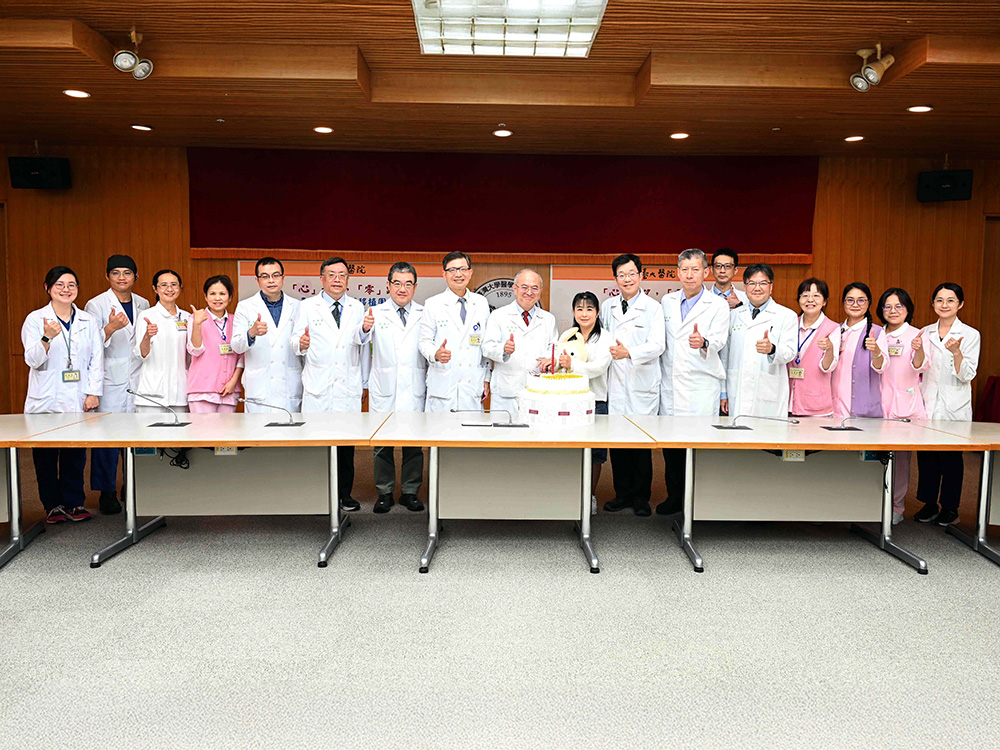
A Distinguished Global Research Center Established at NTU under Trilateral Cooperation
瀏覽器版本過舊,或未開啟 javascript
請更新瀏覽器或啟用 javascript
Spotlights
A comparison of a healthy (left) and an Metschnikowia bicuspidata-infected (right) Daphnia dentifera. Photo credit: Syuan-Jyun Sun.
One major concern related to climate change is that elevated temperatures will drive increases in parasite outbreaks. Increasing temperature is known to alter host traits and host-parasite interactions, but we know relatively little about how these are connected mechanistically-that is, about how warmer temperatures impact the relationship between epidemiologically relevant host traits and infection outcomes. Here, working together with the research team led by Prof. Meghan Duffy from University of Michigan, Prof. Syuan-Jyun Sun(孫烜駿) from the International Degree Program Climate Change and Sustainable Development used a zooplankton-fungus (Daphnia dentifera-Metschnikowia bicuspidata) disease system to experimentally investigate how temperature impacted physical barriers to infection and cellular immune responses. They found thatDaphnia reared at warmer temperatures had more robust physical barriers to infection but decreased cellular immune responses during the initial infection process. Infected hosts at warmer temperatures also suffered greater fecundity and lifespan reductions. Furthermore, the relationship between a key trait – gut epithelium thickness, a physical barrier – and the likelihood of terminal infection reversed at warmer temperatures. Together, their results highlight the complex ways temperatures can modulate host-parasite interactions and show that different defense components can have qualitatively different responses to warmer temperatures, highlighting the importance of considering key host traits when predicting disease dynamics in a warmer world.
Click the link to read the article: https://royalsocietypublishing.org/doi/10.1098/rstb.2022.0009
Visit Prof. Sun’s Lab Website: https://sites.google.com/view/sjsun

A Distinguished Global Research Center Established at NTU under Trilateral Cooperation

Collaborative study between NTU and Japan uncovers the origin of Adzuki Beans and agriculture in Japan

NTU Launches Center for Innovation in Enterprise Law—with Forum Highlighting Trump’s Policy and Legal Shifts Amid Geopolitical Tensions

NTU and Ministry of Environment Sign MOU to Advance Net-Zero Transition and Environmental Resilience

NTU Hospital’s Cardiac Transplant Team Pioneers Beating Heart Transplant with Zero Ischemic Time
Current Spotlights